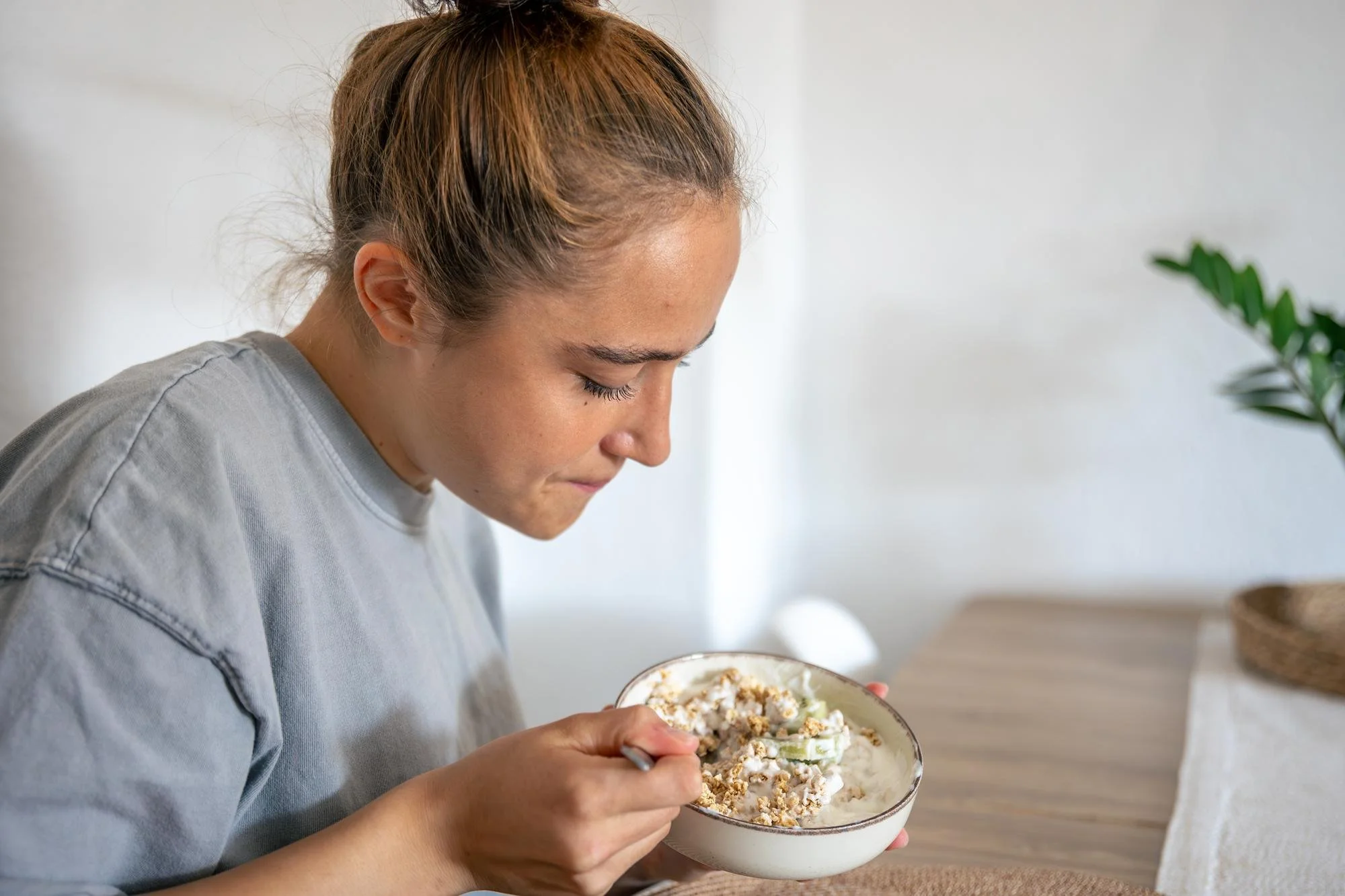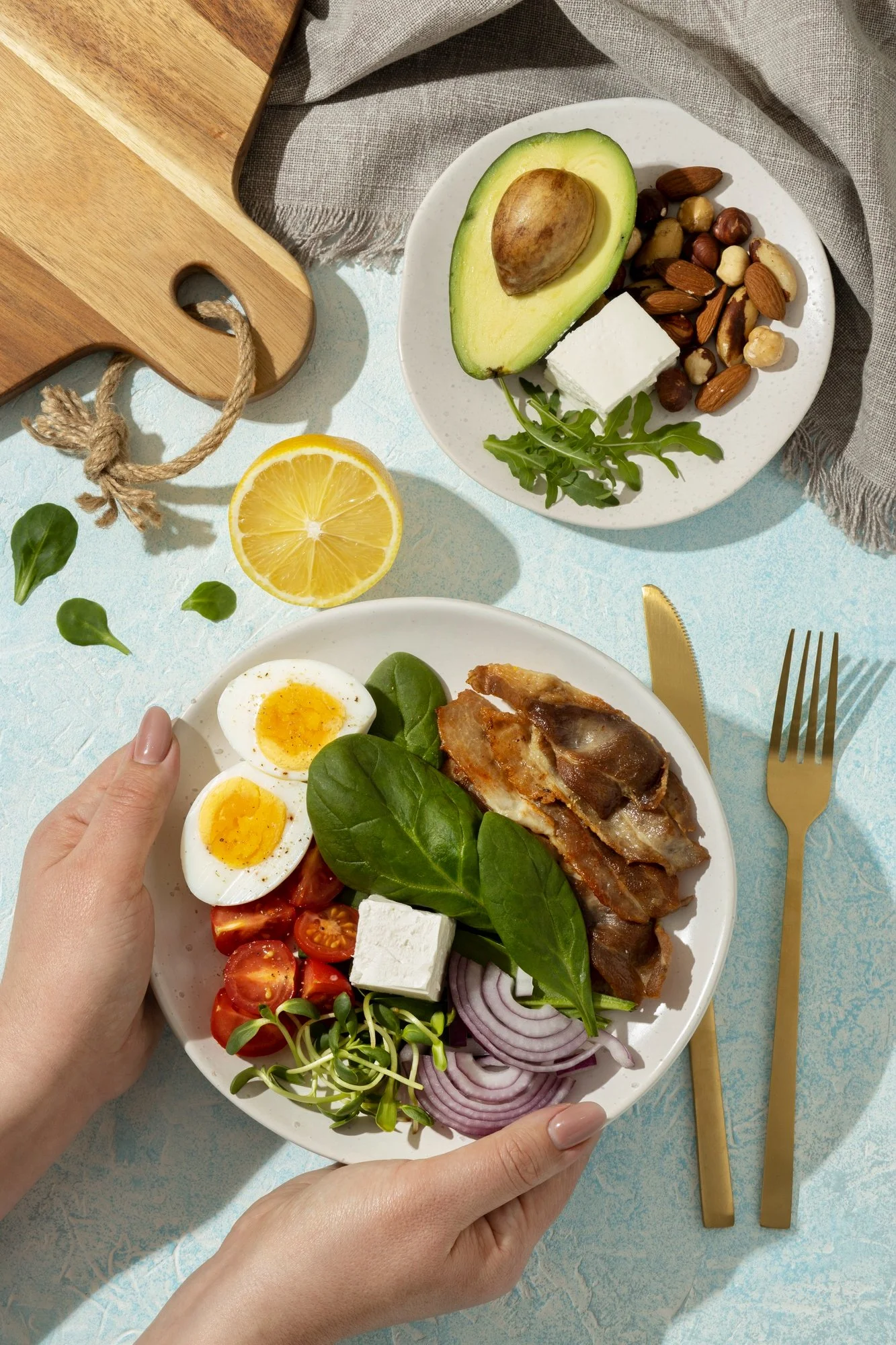
Why Under-Eating Is Holding You Back (Even If You’re Trying to Stay Lean)
In the pursuit of staying lean, many people make the same mistake. They under-eat, sometimes deliberately, often without even realising it.
At first it feels like discipline. Smaller meals, fewer calories, maybe a little weight loss. Over time the costs begin to show. Training slows. Energy dips. Cravings creep in. Mood becomes inconsistent. Sleep suffers.
At EPT we see this constantly. High performers, whether they are executives, athletes, or parents, arrive under-fuelled and frustrated that progress has stalled. Here is what actually happens when you do not eat enough, and how to correct it.
1. Your Body Moves Into Conservation Mode
When food intake stays too low for too long, the body adapts. Metabolism slows. Holding on to muscle becomes harder. Stress hormones stay elevated, which impacts sleep and recovery. Fat loss halts, even though you are eating less.
The body is not broken. It is protecting itself. But if your goal is to build strength, maintain clarity, and stay lean long term, running on fumes is not an option.
One of our clients, a senior executive training three times per week, was eating less than 1500 calories a day. On paper it looked like discipline. In reality she was exhausted, irritable, and unable to lift the same weights she had six months earlier. Once we increased her intake her strength returned, her sleep improved, and her body composition leaned out further than before.
2. Undereating Impacts More Than Training
The cost of under-fuelling shows up far beyond the gym. If you feel lightheaded between meals, notice strength slipping despite training, or feel flat, foggy, or anxious throughout the day, you are likely under-nourished.
For ambitious people who lead businesses, raise families, and train regularly, food is not just fuel. It is the foundation of recovery, output, and clarity.
3. Staying Lean Does Not Mean Eating Less
Leanness is not about eating less. It is about eating smarter. At EPT we use a simple framework.
Protein at every meal, aiming for 2.2 to 2.5 grams per kilogram of lean mass.
Carbohydrates placed around training, higher on training days and lower on rest days.
Fats that support hormones, mood, and recovery, particularly on lower carb days.
This structure allows clients to perform, recover, and stay lean without endless restriction.
4. The Fix Does Not Require Extremes
If you have been under-eating, the solution is not to binge or overcomplicate things with a spreadsheet. Start small.
Add one extra serving of protein and carbohydrates each day.
Keep fats steady.
Track recovery markers like sleep quality, mood, strength, digestion, and libido.
As soon as the body feels safe again, progress returns. Strength climbs, recovery improves, and fat loss continues, this time in a sustainable way.
A business owner we worked with believed that eating less was the only way to stay lean. After gradually increasing his intake, without changing his training, he gained strength, had more stable energy throughout the workday, and dropped fat around his midsection that had been stuck for years.
Undereating feels clean and controlled until it starts costing you the very results you are chasing.
You cannot perform like a high performer while fuelling like someone in survival mode. Eat to support the ambition you live with, not the fear of gaining a couple of kilos.
At EPT this is the way we approach nutrition. Smarter fuelling, not endless restriction.


